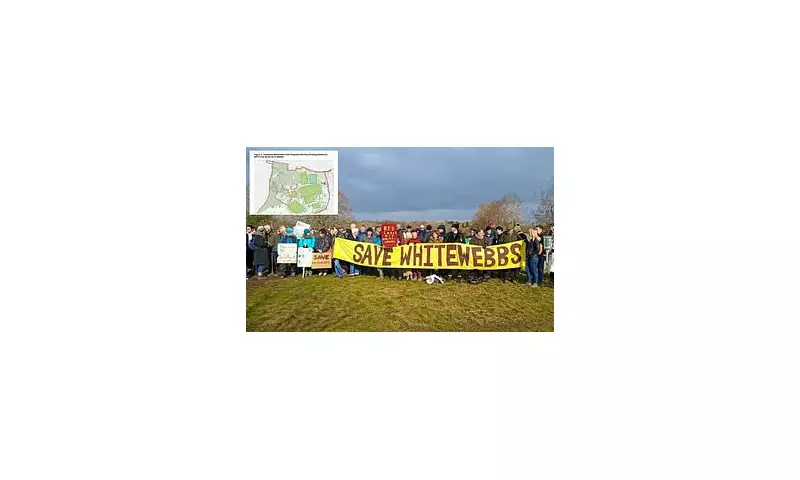
Two of English football's titans, Manchester City and semi-professional side Gorton Wanderers, have ignited a firestorm of protest with their ambitious proposal to construct a state-of-the-art £2 million training facility. The controversial plan targets a prized slice of green belt land in East Manchester, pitting sporting ambition against environmental and community preservation.
Local residents and community groups have mobilised into fierce opposition, branding the project a blatant 'land grab' that threatens to erase vital green space. The site, a former training ground for City's legendary 'Class of '86' youth team, holds significant historical value and serves as a crucial green lung for the densely populated area.
Council Scrutiny and Mounting Tensions
Manchester City Council's planning committee is now poised to make a pivotal decision on the application this week. The project promises a modern complex featuring two full-size floodlit pitches, a specialised goalkeeping area, and a new pavilion. While the clubs tout these facilities as a future community asset, locals remain deeply sceptical.
Critics argue the development sets a dangerous precedent for building on protected green belt land. The proposed facility would be built on the existing site of a much smaller, dilapidated pavilion, but its scale and commercial nature have raised serious concerns about its true classification as a community project.
A Community Fights Back
The strength of local feeling is undeniable. A formal petition against the development has amassed hundreds of signatures, and a organised protest is planned outside Manchester's Civic Centre ahead of the crucial planning meeting. Residents fear the loss of their open space for dog walking, recreation, and sports, questioning the genuine need for another elite facility in the area.
"This is about protecting what little green space we have left for future generations," stated one concerned local. "We're not against football, but we are against this misuse of protected land. It feels like our community needs are being trampled by corporate sporting interests."
The outcome of this week's planning meeting will be closely watched, setting a significant precedent for the delicate balance between sporting development and environmental conservation in urban areas.




